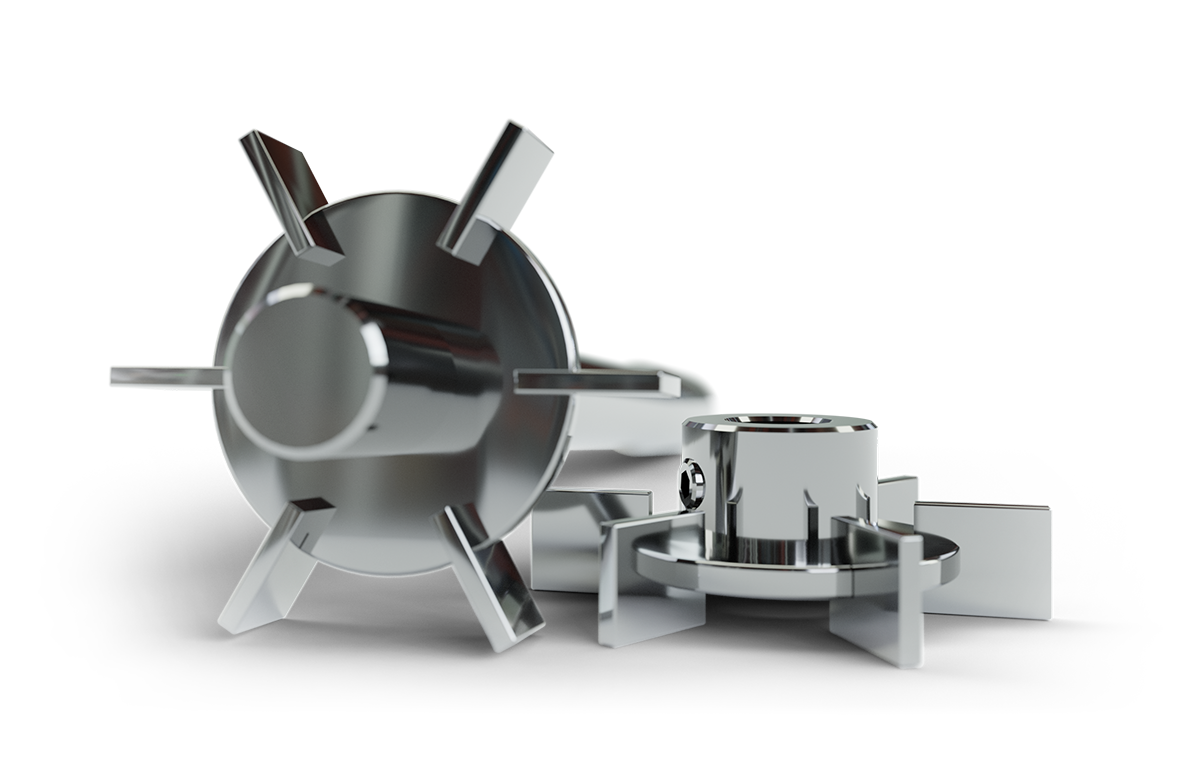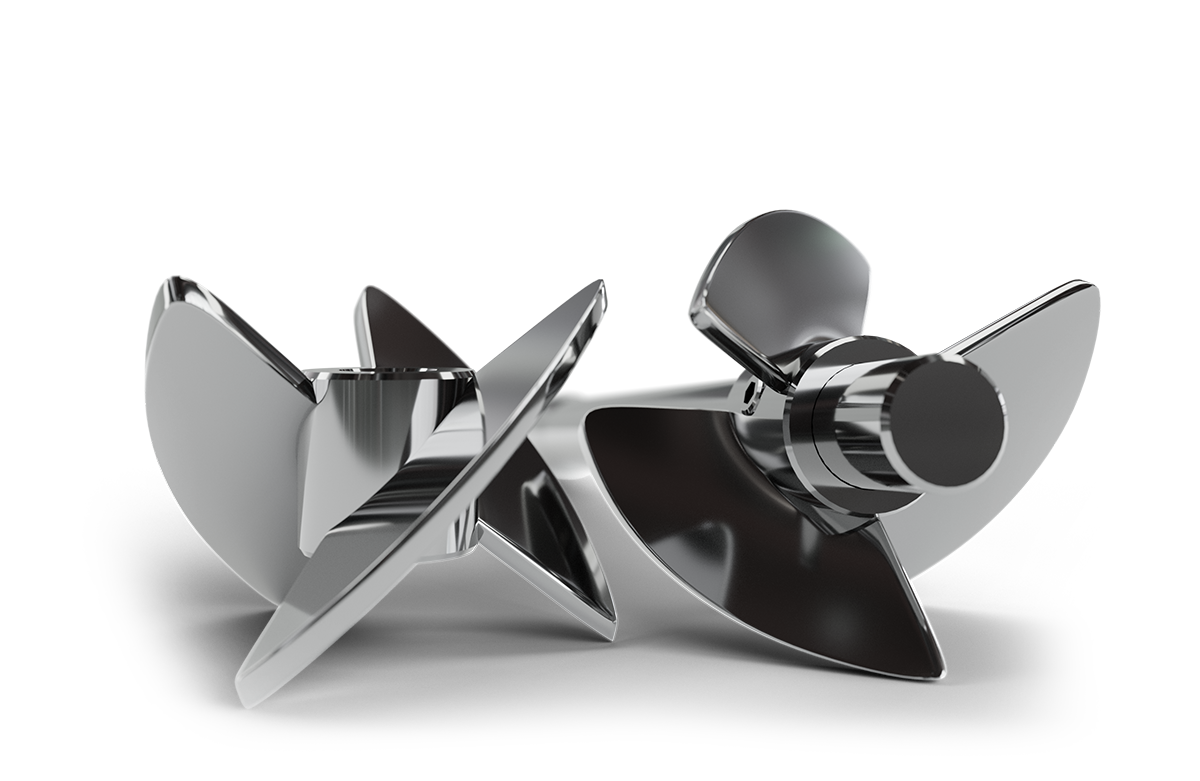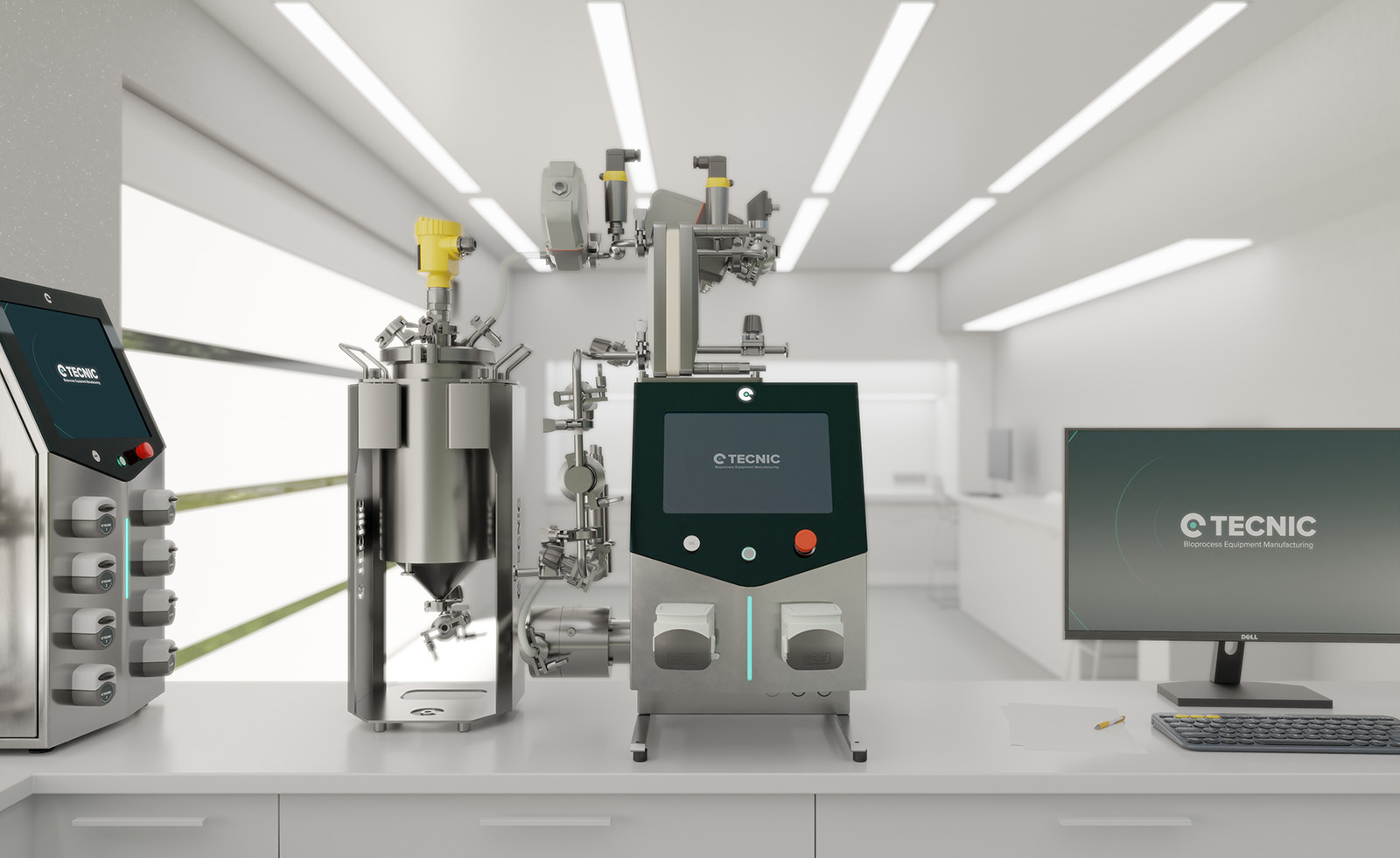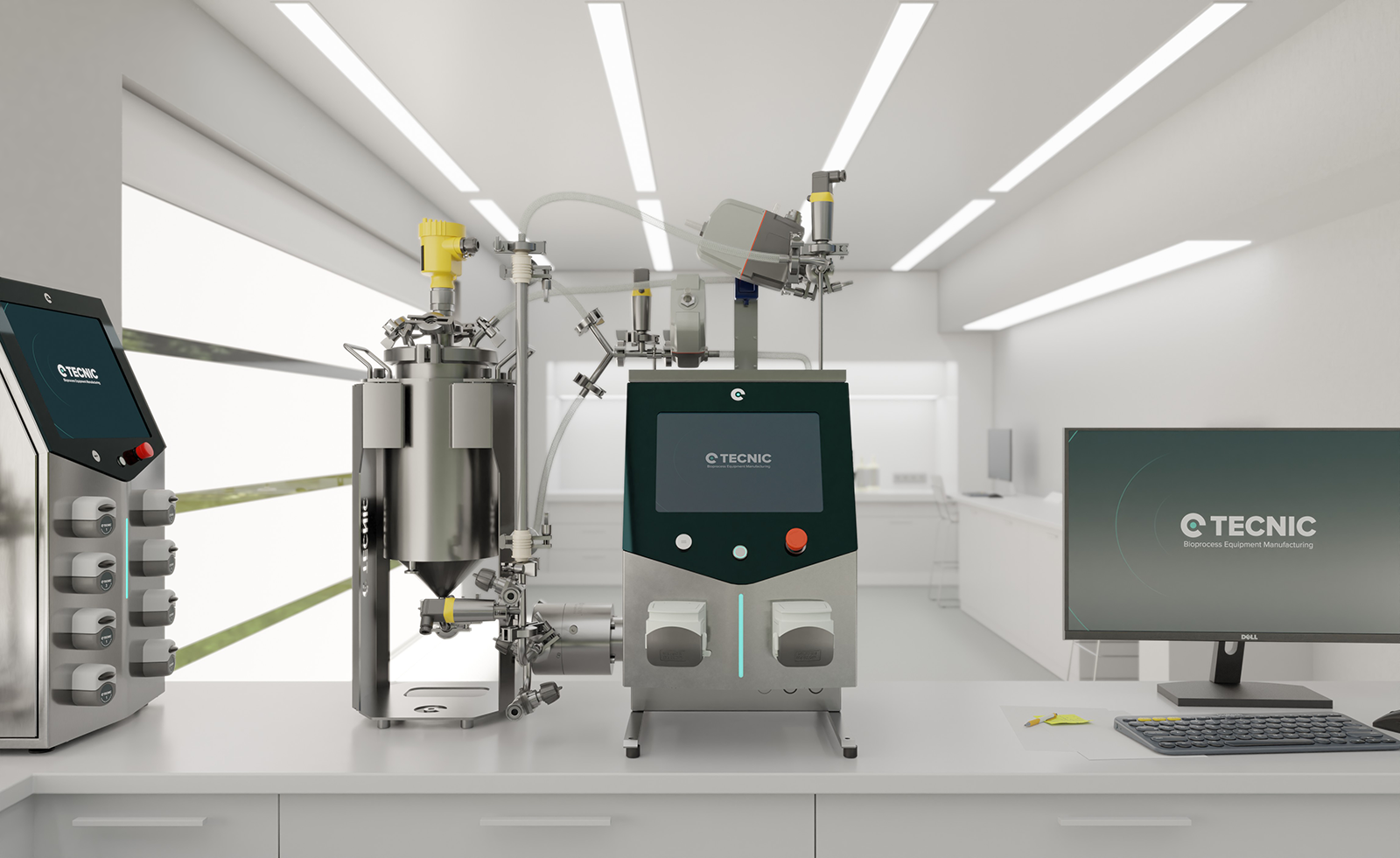The role of stem cells in biotech and medical innovations
Stem cells, with their dual capacity for self-renewal and differentiation, are pivotal in the realm of regenerative medicine and biomedical research. These cells can develop into various specialized cell types, making them crucial for tissue regeneration and repair. The regulation of stem cell behavior involves complex molecular mechanisms, which are essential for their maintenance and function.
Several types of stem cells, including embryonic stem cells (ESCs), induced pluripotent stem cells (iPSCs), mesenchymal stem cells (MSCs), and haematopoietic stem cells (HSCs), offer diverse therapeutic potentials. ESCs are known for their pluripotency, iPSCs for their application in personalized medicine, MSCs for tissue repair, and HSCs for treating blood disorders. These cells are at the forefront of innovative treatments for various diseases, from blood-related disorders to orthopedic injuries.
The therapeutic use of stem cells extends to creating patient-specific cell lines, disease modeling, and drug development, revolutionizing personalized medicine and treatment approaches. As the field of stem cell research progresses, it holds the promise of transforming medical treatments for a wide range of conditions, including neurodegenerative diseases and diabetes, marking a new era in medical science.
What are stem cells?
Stem cells are defined by two key functions: self-renewal and differentiation. Self-renewal allows them to divide and create more stem cells, while differentiation enables them to form specific types of cells needed for tissue maintenance and repair. This duality is crucial for the body's regeneration processes. Stem cells achieve this through asymmetric division, where one cell maintains stem cell characteristics and the other differentiates, ensuring a continuous supply of both stem cells and differentiated cells.
On a molecular level, stem cell behavior is regulated by a network of transcription factors and signaling pathways, which control gene expression necessary for maintaining their unique properties. Disruptions in these networks can lead to diseases such as cancer. The stem cell niche, the environment within tissues where SCs reside, also plays a crucial role in regulating their behavior. This niche provides signals that influence stem cell maintenance, activation, and differentiation, integral to their function in tissue regeneration.
Stem cells are pivotal in disease modeling and drug development due to their ability to differentiate into various cell types. This property allows for creating disease-specific models that provide insights into disease mechanisms and testing therapeutic compounds. Understanding the biology of SCs, including their regulation and interaction with their microenvironment, is essential for advancing regenerative medicine and developing new treatments.
Types of stem cells
Applications of stem cells in medicine
The stem cells therapeutics applications span multiple medical fields, with their potential constantly growing alongside advances in stem cell biology. Haematopoietic stem cell transplants have become a primary treatment for various blood disorders and cancers. In conditions like leukemia and lymphoma, these transplants rejuvenate the body's ability to produce healthy blood cells by replacing damaged or diseased bone marrow with healthy HSCs.
Mesenchymal stem cells (MSCs) are gaining attention for their potential in regenerating damaged tissues. They are being explored for use in conditions like osteoarthritis and spinal cord injuries, and their anti-inflammatory properties are being researched for new treatments in autoimmune diseases. Additionally, mesenchymal stem cells are valuable in creating cellular models for studying tissue regeneration and the impact of anti-inflammatory therapies.
Induced Pluripotent Stem Cells (iPSCs) are at the forefront of transforming personalized medicine. By reprogramming adult cells to a pluripotent state, iPSCs enable the development of patient-specific cell lines. These Induced Pluripotent Stem Cells are instrumental in creating cellular models for studying disease progression, testing drug efficacy, and exploring personalized treatments. iPSCs also play a crucial role in drug development, offering a more accurate representation of human disease than traditional animal models, thanks to their ability to mimic a wide range of cellular conditions in vitro.
Beyond these applications, SCs are increasingly being investigated for their potential in treating a wider range of conditions, including neurodegenerative diseases, heart disease, and diabetes. The possibility of replacing damaged cells with healthy ones derived from SCs presents exciting prospects for future medical treatments.
The impact of stem cell
The field of stem cell research, covering embryonic stem cells, iPSCs, mesenchymal stem cells, and haematopoietic stem cells, is a rapidly advancing area in biomedicine. Each discovery enhances the potential for SCs in treating diverse diseases, signaling a new era in medical science and therapeutics. This evolving field holds the promise of unlocking novel treatment pathways and deepening our understanding of complex diseases, positioning SCs as a fundamental component of future biotech and medical advancements.
Explore our complete range of equipment
Our bioreactors are designed for diverse applications, ensuring efficiency and quality. Discover our full range of biotechnology solutions, including Bioreactors, Tangential Flow Filtration systems, and more. Visit our pages for Bioreactors ⇀, Tangential Flow Filtration ⇀, and Contact ⇀ for further information and inquiries.







